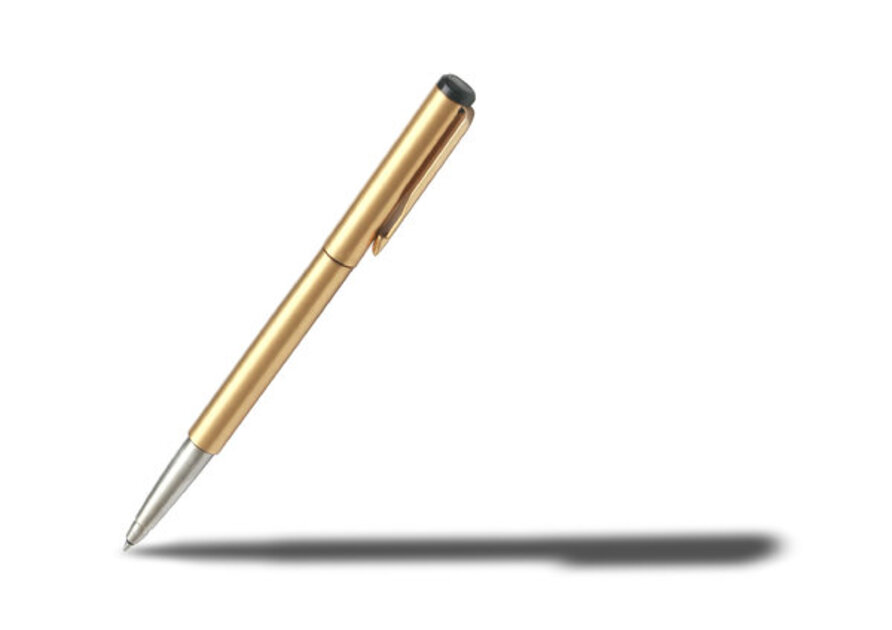
Our Gemara discusses a situation where one declares a loaf as Hekdesh (dedicated to the Beis Hamikdash). According to many commentaries, the scenario involves where he has not yet picked up the loaf but since it is within 4 cubits, he has a certain power over it.
The idea that a person’s four cubits is their domain comes up in halakha in numerous incidences, and is a rabbinic enactment to allow for acquisition and reduce quarrels about ownership. See Gemara Bava Metzi’a (10a):
ūÉū©ūæūó ūÉū×ūĢū¬ ū®ū£ ūÉūōūØ ū¦ūĢūĀūĢū¬ ū£ūĢ ūæūøū£ ū×ū¦ūĢūØ
A person’s area of four square cubits effects acquisition of property for him everywhere
Of course, such a phrase is too redolent with potential derash to be ignored by the mystics. Likkutei halakhos (Choshen Mishpat, Laws of Divisions of Partnerships, Chapter 1:8) explains the mystical dimension of these dimensions:
The idea that a person’s four cubits speak of the person’s foray into the outer world beyond his home. The hustle and bustle of the market place and its wares represents the smorgasbord of potential benefit from the material and ideas of this world. As he engages with the world, he must acquire good spiritual emanations by doing good, and of course refrain from evil. The four cubits are the person’s spiritual penumbra that can protect him and allow him to bring the Godly into this world and his actions. As the Gemara (Berachos 8a) declares:
ū×ų┤ūÖų╝ūĢų╣ūØ ū®ūüųČūŚųĖū©ųĘūæ ūæų╝ųĄūÖū¬ ūöųĘū×ų╝ų┤ū¦ų░ūōų╝ųĖū®ūü ūÉųĄūÖū¤ ū£ūĢų╣ ū£ų░ūöųĘū¦ų╝ųĖūōūĢų╣ū®ūü ūæų╝ųĖū©ūĢų╝ūÜų░ ūöūĢų╝ūÉ ūæų╝ų░ūóūĢų╣ū£ųĖū×ūĢų╣ ūÉųČū£ų╝ųĖūÉ ūÉųĘū©ų░ūæų╝ųĘūó ūÉųĘū×ų╝ūĢų╣ū¬ ū®ūüųČū£ ūöų▓ū£ųĖūøųĖūö ūæų╝ų┤ū£ų░ūæųĘūō.
Since the day the Temple, where the Divine Presence rested in this world, was destroyed, the Holy One, Blessed be He, has only one place in His world where he reveals His presence exclusively; only the four cubits where the study of halakha is undertaken.
That is, by engaging in commerce while being mindful of what is moral and correct (the four cubits of halakha), we then are able to elevate the physical world and bring holiness to it. Similarly, the Gemara (Bava Basra 11b) speaks of four cubits reserved in front of the entrance to the courtyard for unburdening his beasts, as he comes in from the marketplace. The “unburdening of the beast” is a metaphor for a filtration process before you enter your home. After spending the day outside, before you enter the sanctuary of your home, pause and see what you should leave behind and what you should take in.
The Torah rarely provides explanations for the commandments, however some rituals are so obviously symbolic that one would have to be obtuse to not grasp their intent. Tefilin and Mezuzos are one of those mitzvot that literally have their instruction manual built inside. People revere mezuzos, check mezuzos, kiss mezuzos, and even dubiously use them as talismans (which the Rambam abhorred, see Hilkhos Tefilin 5:4). Do we actually THINK AND MEDITATE about what’s inside them before we enter or leave our homes? Research has shown that the first few minutes of departure and reunification, and its attendant rituals make an enormous impact on the couple’s sense of togetherness and intimacy. The Mezuzah and Tefilin are quietly reminding us to stop and pay attention to the fundamentals of life before we venture outside, when we return home, when we wake up and when we go to rest. If you want to adopt a ritual of meaning, instead of kissing the mezuzah, challenge yourself to pause before entering and leaving your home to reflect on its contents, your obligations to God and to your family. Unburden the beast.

 Previous
Previous
